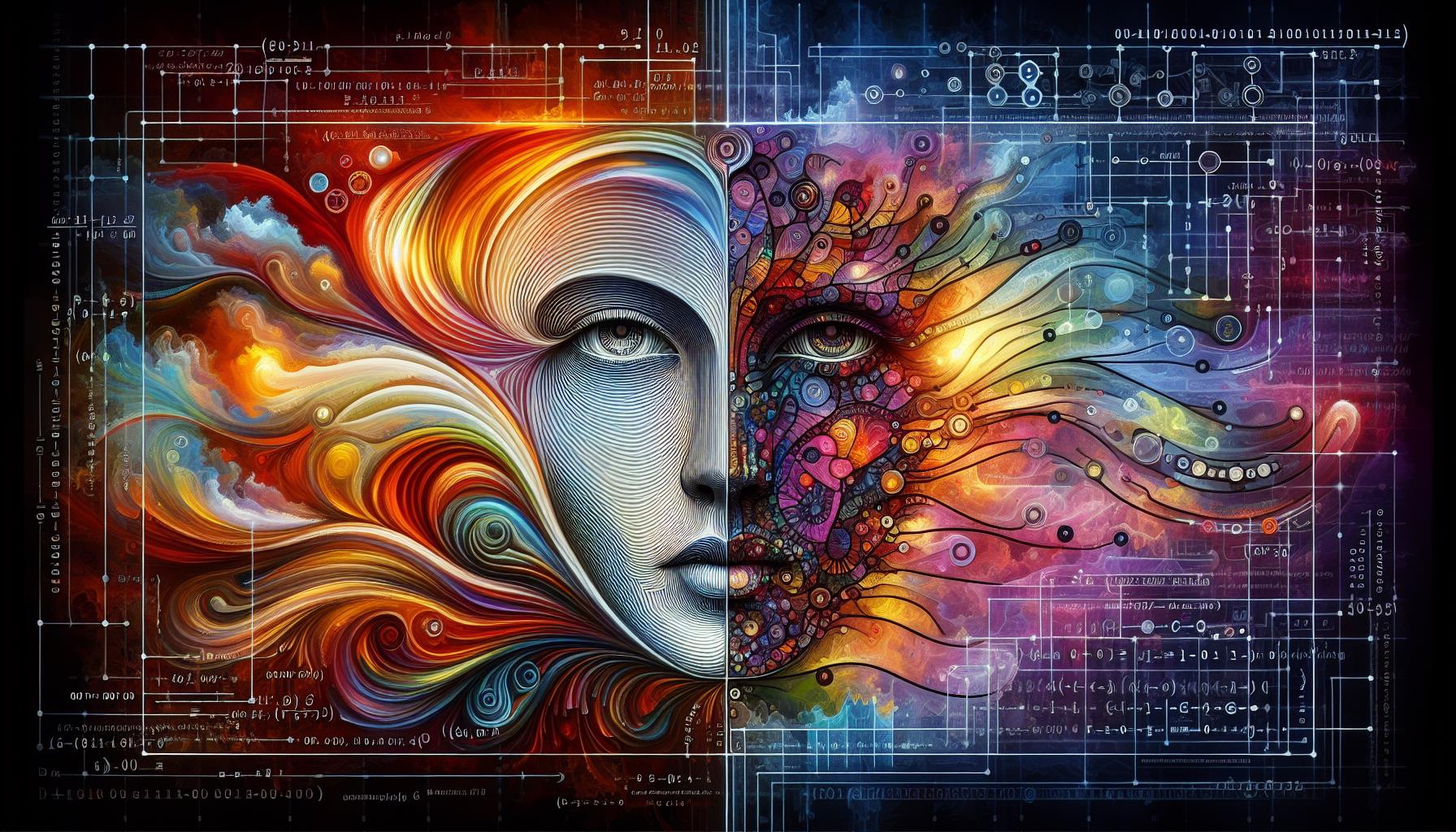The Evolution of AI in Human Lives
Artificial Intelligence (AI) has rapidly evolved from a futuristic concept to an integral part of our daily lives. The technology, once confined to research laboratories and science fiction, now powers everything from the smartphones in our pockets to the cars we drive. AI’s capabilities have expanded beyond mere data processing to understanding and even mimicking human behavior. This evolution has sparked a fascinating debate on the potential for AI to not only assist but also understand and relate to human emotions and experiences.
Recent advancements in AI technology have led to the development of chatbots and virtual assistants capable of conducting conversations that feel surprisingly human. These AI systems are designed to recognize speech patterns, interpret emotions, and respond in ways that provide comfort, information, or entertainment to users. The technology’s ability to learn from interactions allows it to continuously improve its conversational abilities, making it an ever more convincing companion.
The integration of AI into social media platforms, online customer service, and even therapeutic applications highlights its potential to offer companionship and support. AI chatbots are being used to alleviate loneliness, provide mental health support, and even assist in therapy sessions. The question arises: can these interactions with AI lead to genuine emotional connections, or are they merely simulations of human interaction?
AI’s Role in Providing Companionship
One of the most intriguing aspects of AI’s evolution is its potential to offer companionship. For individuals facing loneliness or isolation, AI chatbots and virtual companions can provide a sense of connection and interaction. These AI systems are designed to engage in meaningful conversations, learn from previous interactions, and even exhibit personality traits that make them more relatable to users. The technology’s ability to mimic human conversation and behavior has improved significantly, making these interactions increasingly satisfying.
Moreover, AI’s application in therapeutic settings demonstrates its potential to support mental health. By offering a non-judgmental, always-available presence, AI can provide comfort and guidance to individuals dealing with anxiety, depression, or stress. The anonymity and accessibility of AI-powered therapy apps make them a valuable resource for those hesitant to seek traditional therapy. While not a replacement for human therapists, AI can serve as an initial step towards seeking help or a supplementary tool for ongoing support.
Despite the benefits, the question of whether AI can truly understand and empathize with human emotions remains. While AI can simulate empathy and provide responses that seem understanding, its interactions are based on algorithms and data analysis. The depth of human emotion and the complexity of personal experiences may be beyond the reach of current AI technology. However, the ongoing development of AI promises to narrow this gap, potentially leading to more emotionally intelligent systems in the future.
Challenges and Ethical Considerations
As AI becomes more integrated into our social and emotional lives, it raises several challenges and ethical considerations. The reliance on AI for companionship and emotional support prompts questions about the impact on human relationships. While AI can offer convenience and accessibility, it cannot fully replicate the depth and complexity of human connections. There is a risk that increased reliance on AI could lead to further social isolation or a devaluation of human interactions.
Privacy and data security are also significant concerns. AI systems learn from user interactions, requiring access to personal information and conversations. Ensuring the confidentiality and protection of this data is crucial, especially when dealing with sensitive topics such as mental health. Users must be aware of how their data is used and protected, and developers must prioritize ethical considerations in AI design and implementation.
Despite these challenges, the potential of AI to enhance human lives is undeniable. As technology continues to advance, the possibility of AI systems that can more authentically understand and relate to human emotions becomes more realistic. The key lies in balancing the benefits of AI companionship with the importance of human connections, ensuring that AI serves to enhance rather than replace the rich complexity of human relationships.
The intersection of artificial intelligence and human interaction is a rapidly evolving field, offering both exciting possibilities and significant challenges. As AI technology continues to advance, its role in providing companionship, support, and understanding will likely become more prominent. The potential for AI to alleviate loneliness, support mental health, and even form meaningful connections presents a fascinating glimpse into the future of human-AI relationships.
However, navigating the ethical considerations, privacy concerns, and the impact on human relationships will be crucial as we move forward. The development and implementation of AI must be guided by a commitment to enhancing human lives while preserving the essence of human connections. As we explore the potential of AI to chat, commiserate, and relax with us, we must remain mindful of the value of genuine human interaction and the irreplaceable depth it brings to our lives.
In conclusion, the journey of integrating AI into our social and emotional lives is just beginning. With careful consideration and ethical development, AI has the potential to become a valuable companion and support system, complementing rather than replacing the unique and irreplaceable connections we share with one another.
